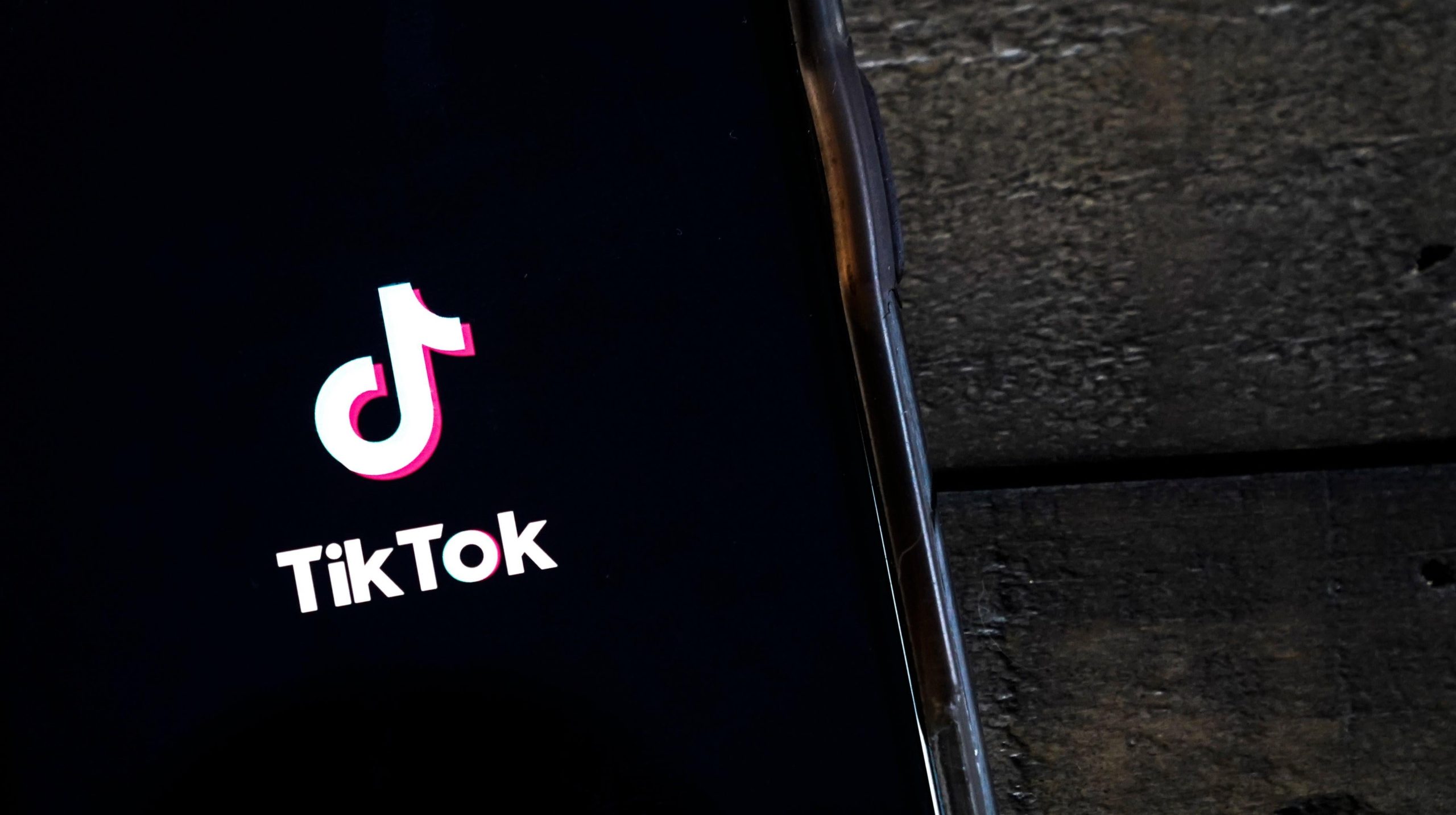Oh remember faceapp, the app that people used to age themselves? Data harvesting app.
I know of one assistant police commissioner who has all this shit (tiktok, face app etc.) installed on his phone and actively engages with it with his kids despite being told about what these apps are doing.
This is the typical high value user that's most likley to get spied on through this sort of tech. The secret is to normalise it
So I'm pretty aware of all the things you've mentioned here as well as how data aggregation works (the eco system of orgs collecting, selling aggregating, reselling, psychometrics, etc. etc.) and the take away from what you're saying here seems to be that it's not the phone that's the problem, but what the user puts into it.
So with that being the case, and I know that there are levels of information that I cannot protect, I would disagree with you that all is lost simply because I use a smart phone. If one is careful with how they use the device then many of the issues you cite seem to be irrelevant.
The people that droenn is talking about up the page are my colleagues and in my job I collaborate with policy makers working on data security as well as their private sector counterparts. This doesn't make me an expert, but when I discuss these issues with them, none of them are offering advice similar to which you've given here. They don't seem to think that the average person should just give up because all is lost.
This is why I'm keen to know the precise ways my phone is collecting and sharing my information - like tell me how Signal is doing this. Same with how DuckDuckGo is sharing my data and how the VPN is doing little to protect me. Without specific information it doesn't mean much to say blah blah whatever.
I don't mean for this to sound rude, but I've given plenty of reasons your phone is a privacy black hole. I can't underline each line of code for you that's doing bad things in your situation. Given the sheer breadth of fucked up things technology gets away with every day, considder a drake equation like probability of all the things likely to be harvesting you data or doing something you agreed to but didn't totally understand the consequences of, regardless of how benign it all seems. You simply can't know all the things but you can pretty much guarantee the probability your privacy is compromised all the time in some way. These services, often free , monetise by selling data. It's that simple.
The above meme about signal being a drugs short list is eerily accurate. Was a surprise when I saw the names pop up the first time I loaded it and continue to pop up.
Ever think about why and how signal makes the connection which of your existing contacts are on signal already? Doesn't seem very private.
VPNs aren't the be all of data privacy either. Ever pay for something while on a VPN? Great you masked your location, then likley used identifiable information on a payment portal voiding all the privacy you just implemented. Ever have a VPN drop out or have connectivity fluctuations? Location revealed. Lots of stuff to work around this exists, but seriously what's the point? At some point it becomes annoying to maintain. Technology is supposed to be convenient, not a chore. This drives most people to click yes on EULAs without reading because, whatever.
do we honestly believe google/alexa/siri are just listening out for their activation phrases? Do we need to revist Siri's DARPA origins? Do we know for sure everything in this space is as innocent as we've been lead to believe? What's history taught us so far? Snowden ring a bell? If the mic is listening discretely for phrases, what's stopping cameras discretely capturing facial biometrics to keep an up-to-date facial record?
My view of it being game over is because for all the policy makers and data security experts working on privacy and data security, there are 10 smarter engineers working for technology companys that are actively coming up with novel ways data can be harvested and used. All the while getting people to agree to it. Toys, new phones, fitness apps, wearables, infotainment in cars, new social media apps, smart TV, smart fridges, smart washers, sleep tracking apps, flybys, the Gmail inbox, biometrics, tweaking old social media ap policies, WiFi shenanigans, device intelligence, the list goes on. So sure, don't give up. But don't kid yourself that somone smarter with more resources isn't actively working out ways to make money from your (being anyone, not specifically you) data or use that data in ways you'd generally not be happy with.

